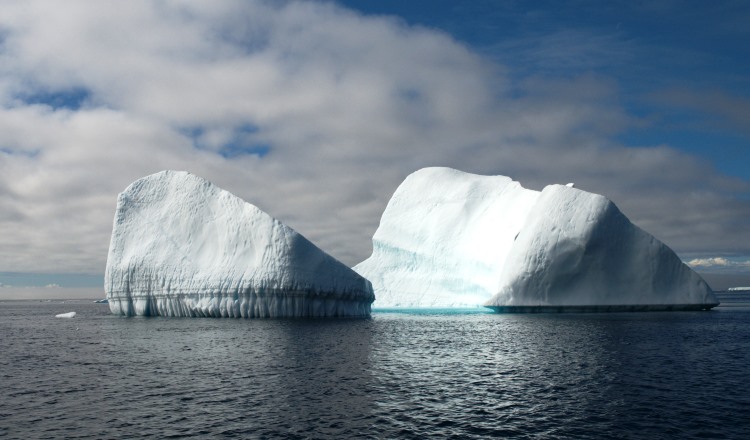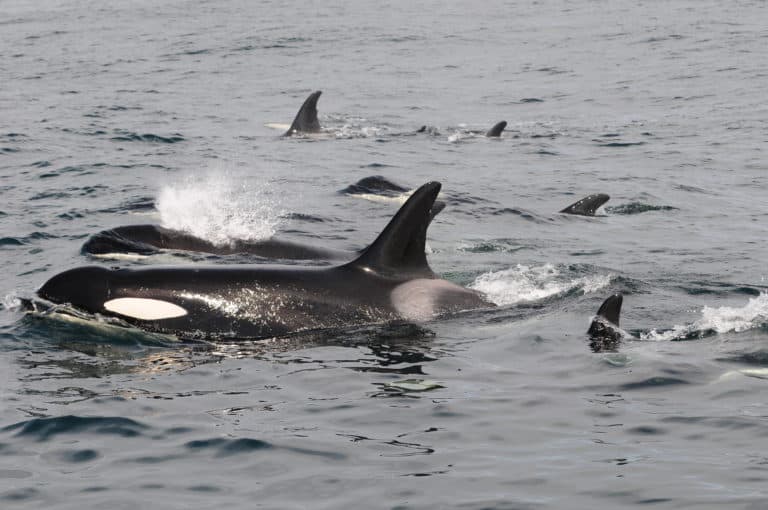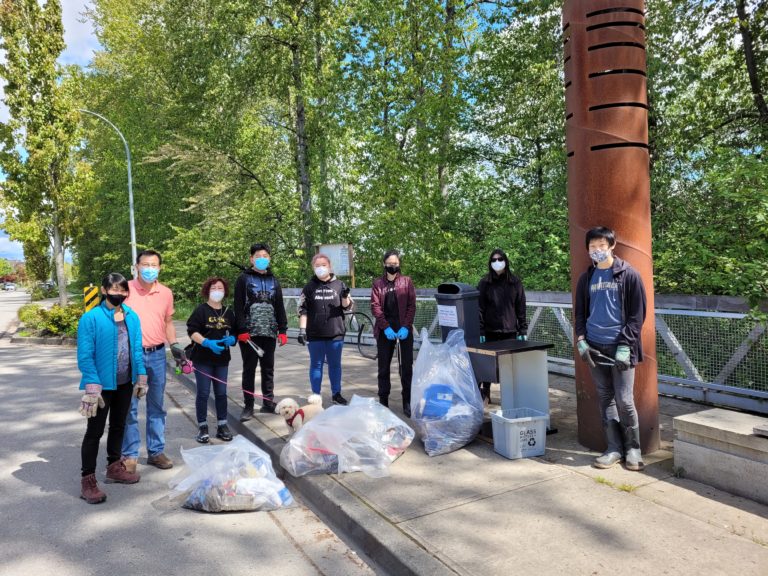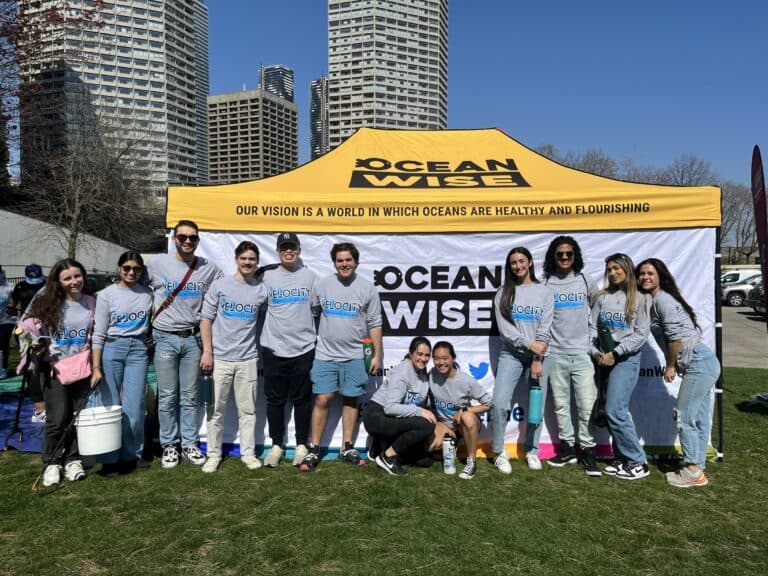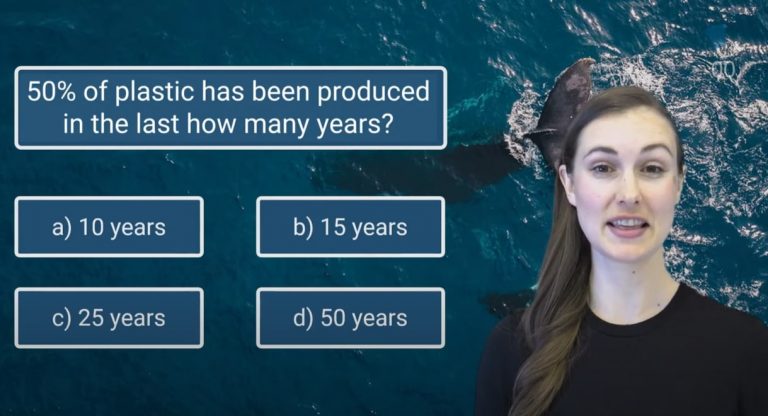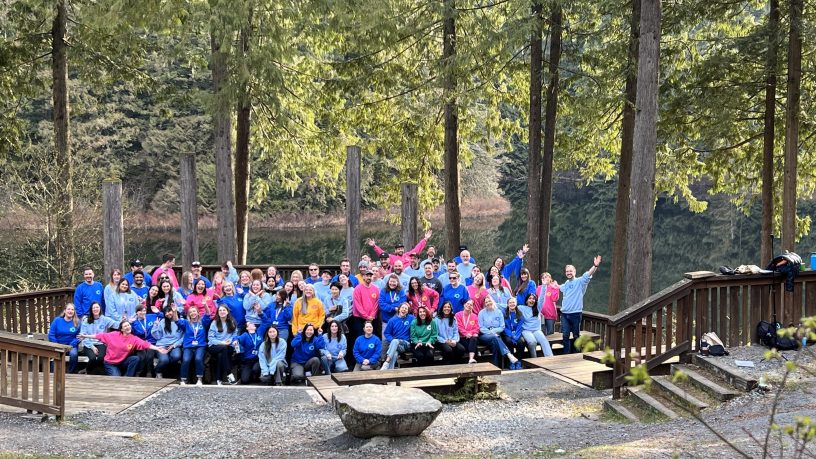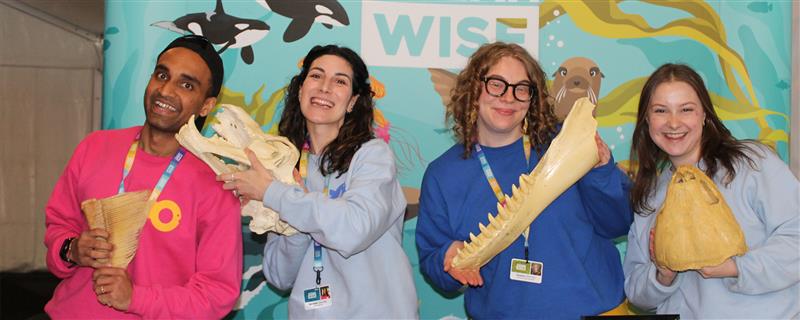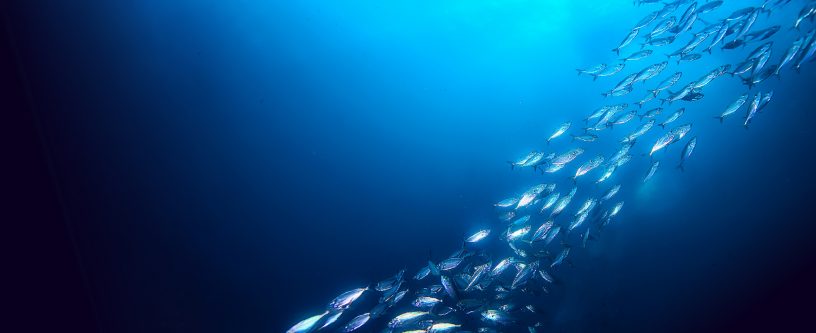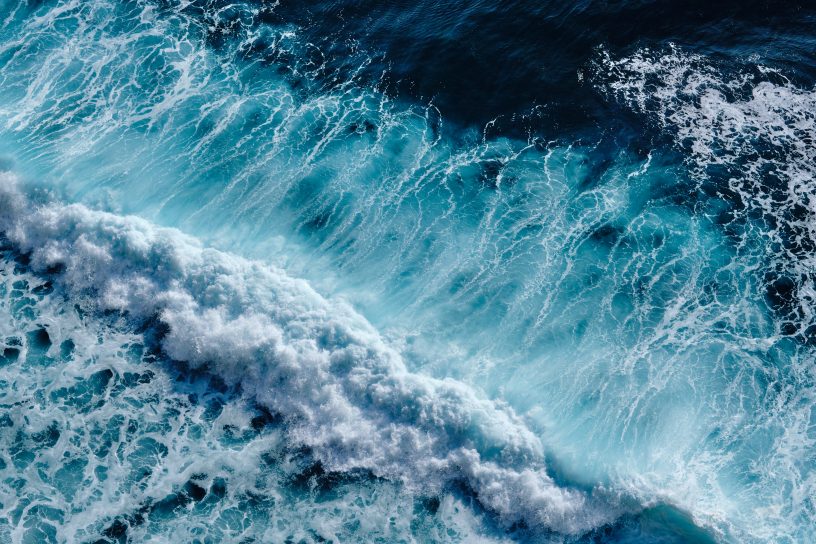Turning Canada’s Anger to Action
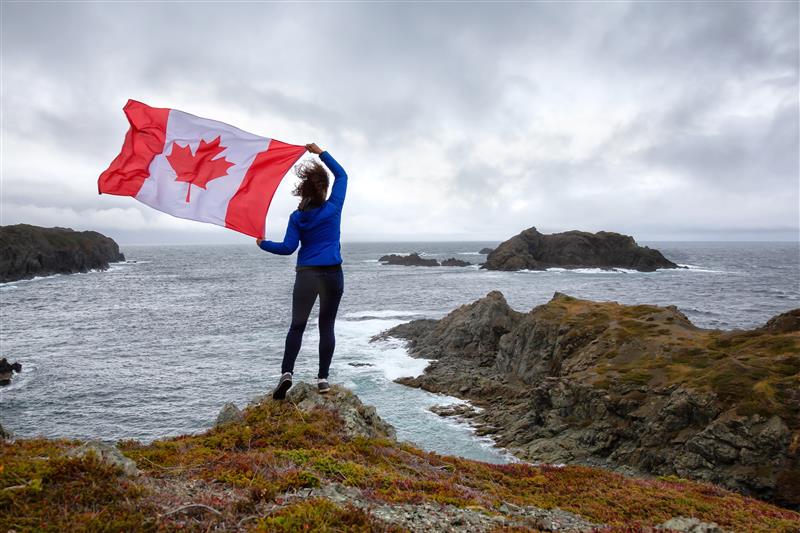
By Lasse Gustavsson, President and CEO of Ocean Wise
As a Swede living in Canada, I’ve gotten used to hearing ‘sorry’ a dozen times a day. ‘Sorry’ for cutting in line at the coffee shop. ‘Sorry’ for being late. And ‘sorry’ for causing a scene. I love this aspect of Canadian culture. It resonates with my Northern sensibilities, a belief that kindness is almost as important as winning.
Almost…but not quite.
Since moving to Vancouver 6 years ago I’ve learned that underneath this politeness there is strength. A strength that prioritizes doing the right thing even when it’s hard.
As the CEO of an environmental group based in Vancouver, B.C., I’ve seen this play out countless times in the world of ocean conservation. Major seafood companies going that extra mile to ensure their products are responsible, because they know it means stronger fish stocks. Whale-watching companies keeping their distance from endangered whales because they know the risk of getting too close. And detergent companies taking the harder route to develop products that ditch the plastic waste.
A global force for good
This instinct to combine doing good with doing well has been a North star for Canada for generations. I can’t help but believe that this is a key contributor to the 2024 Ipsos findings that Canada is viewed as ‘the top country expected to have a positive influence on world affairs over the next decade’.
Unfortunately, it feels like Canadians’ good instincts are threatened by changing politics worldwide and a domestic falling economy. Canadians are hurt and they are angry. More and more it seems that people and businesses are channelling that anger into isolation. Rather than pushing for the world we want we’re circling the wagons and preparing for uncertainty.
In the conservation space this has meant cutting funding for research and programs. This news is heavily publicized in the US, but I am not sure how many people understand the direct impact it is having on Canadian NGOs. Funding for work on both sides of the border has been cut by the National Fish and Wildlife Foundation and, as reported by Canada’s National Observer, Parks Canada will cut $450 million over the next two years.
For conservation groups working to end plastic pollution, protect 30% of the planet’s lands and waters and save threatened animal species this means massive disruption to our planning.
Sorry, not sorry
I’m sorry Canada, but I’ll just say it. Now is not the time to go it alone. What we need now is for Canada to step up as it has in the past. To punch above its weight and show what it means to stand for something.
Now is the time to turn that anger into action.
Practical action is like medicine, so rather than feeling overwhelmed and retreating, let’s all commit to doing something good. Help your neighbour, join a local NGO or volunteer somewhere where you can make a real difference.
If, like me, the pull of the ocean calls you then lead a shoreline cleanup with your colleagues, family and friends, get out on the Whale Trail and submit sightings of any whales you see, come and visit the Sea Dome in your community, or make a donation to Ocean Wise.
I promise you, if you get out and take action you won’t regret it!
Lasse Gustavsson is a Swedish national living in Vancouver for the last 6 years. He is President and CEO of Ocean Wise and a global leader for ocean conservation. Ocean Wise has a mission to build communities that take meaningful action to protect and restore our ocean. Through research, education, innovation, and collaboration, Ocean Wise is turning the tide on plastic pollution, overfishing and climate change.
Posted April 22, 2025 by Nic Schulz
